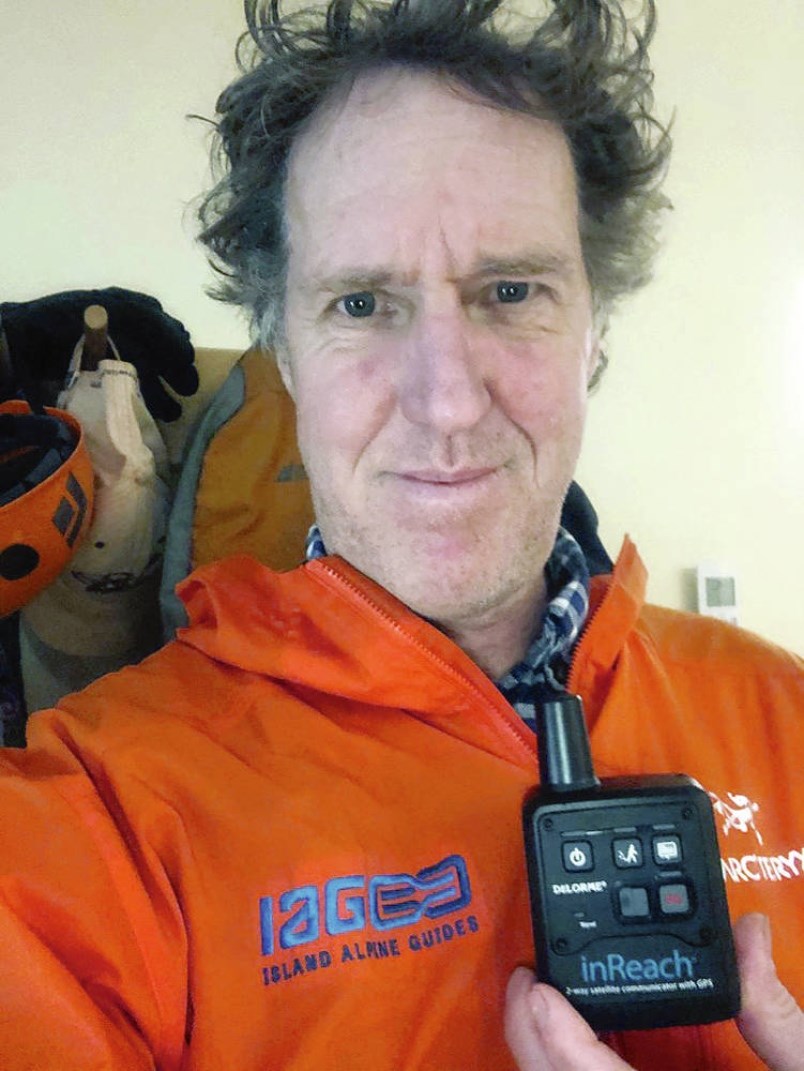The pandemic is sending British Columbians outdoors but things can go wrong in the bush and this year may lead to an all-time high number of searches.
“It has been an extremely busy year and unfortunately we are setting records,” said Dwight Yochim, B.C. Search and Rescue Association senior manager.
“It is good that people are getting out but they are pushing their limits and they are pushing their abilities.”
Rather than taking on a new challenging trek, he recommended people “play safe and stay where your limits are.”
He predicts the number of searches carried out in 2020 will surpass the approximately 1,700 normally undertaken.
Seasonal rain has reduced the number of people heading out, but Yochim fears there could be a higher than usual number of searches this winter since residents will not be travelling due to COVID-19 restrictions and more will turn to outdoor activities.
Emergency Management B.C. announced that July had a total of 333 search-and-rescue events — the highest ever for that month.
“This is an undesired record for any year,” Jim McAllister, a board member for the B.C. Search and Rescue Association, said at the time. “It is more worrisome a record has been set during a pandemic.”
Yochim said that searchers are particularly taxed because of the pandemic, which has brought a new set of protocols during what has been a busy time. Everything — including rescue helicopters — must be decontaminated after each search in preparation for the next one, he said.
B.C. is now in a shoulder season, similar to spring, and it is in these times that the high number of hypothermia cases are often seen, Yochim said.
Although there may not be snow on the ground in a city, it only takes a short trip to be in a much colder environment.
“If it is raining down here, it is snowing up there,” he said. “And guess what? It is covering your tracks.”
Yochim urges anyone heading out to go to bcsara.com/adventuresmart for advice first. The site covers what essentials — such as extra clothes, food and a flashlight to signal rescuers — to take with you, how to light a fire, and information on signalling devices.
“It is amazing how difficult it is, even with a trained spotter in a helicopter, to see someone on the ground unless they are trying to get your attention,” Yochim said. “If they are wearing dark clothing — [it is] very difficult to see you.”
Never hike by yourself and always leave a trip plan, Yochim said. The Adventure Smart trip planning app automatically sends messages to emergency contacts if a person has not returned and can relay information about where hikers planned to be, providing a starting point for a search.
To prepare for hikes,“do a little bit of research,” Yochim said. “See what’s going on. What elevation are [you] going to go to? Where is the snow at?”
Searchers have found people “wearing jeans and sneakers and almost frozen to death because they weren’t ready to go where they went.”
Some hikers rely on cellphones, but much of Vancouver Island’s wilderness is without coverage.
Jan Neuspiel, owner of Island Alpine Guides, a mountain school and guide service based in Cumberland, recommends satellite-based communication devices featuring two-way messaging, costing about $270 to $450. The devices allow text messages and emails to be sent via satellite.



